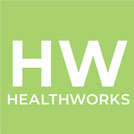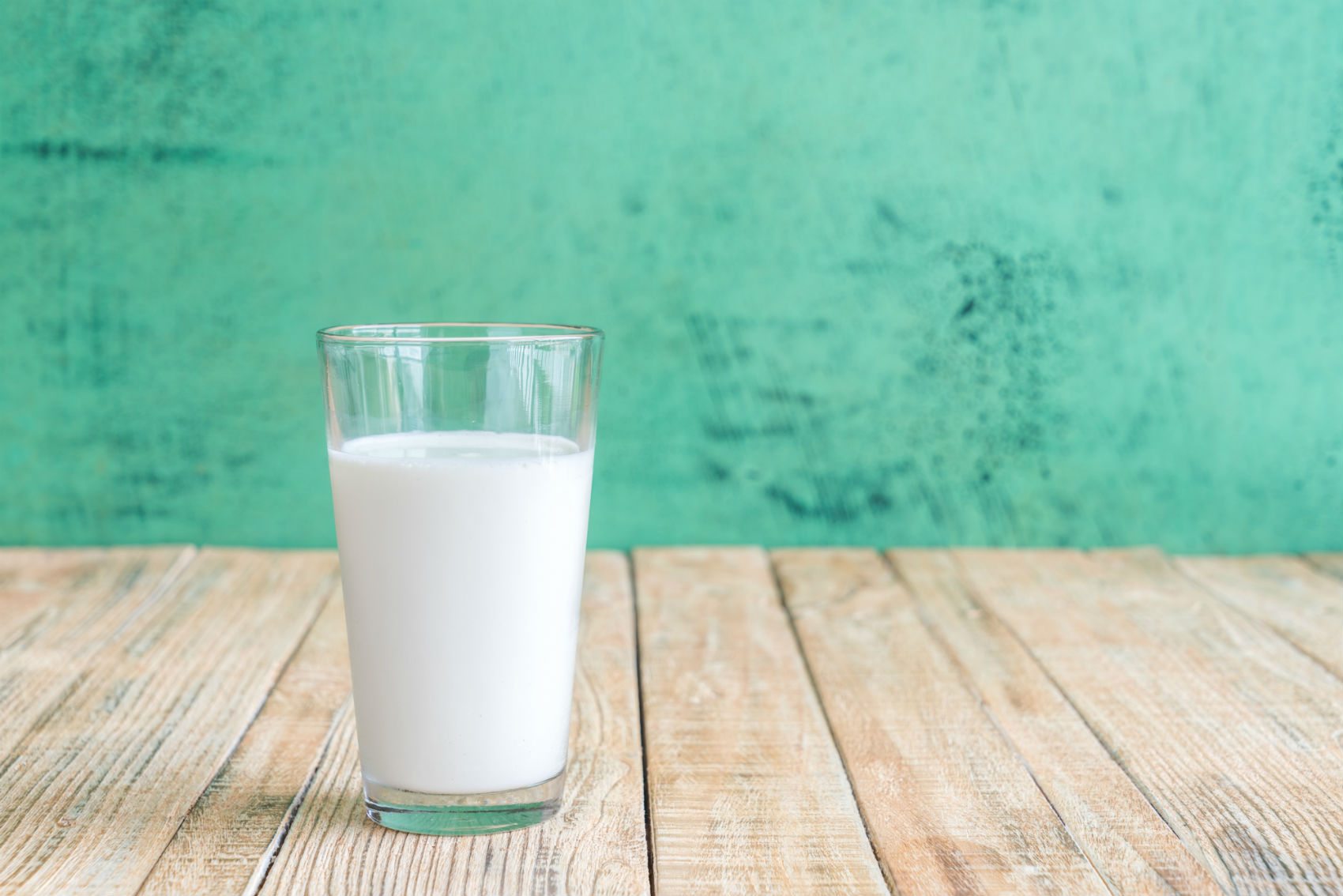Raise your hand if your mom bugged you about drinking your milk at dinner. Now, raise your hand if you’re a mom who bugs her kids about drinking their milk at dinner. Whether you actually down a glass each day, there’s no bones about it—calcium matters. Here’s why you should care about your calcium intake, and how to get more.
Calcium is necessary for strong bones. Your body also needs calcium for your heart and nerves, as well as for clotting blood. Unfortunately, you lose this important mineral through sweat, skin, and waste…and your body can’t produce more. Further, absorption from food sources decreases as you age. When it runs low, the stores in your bones are the first to go.
So how do you break this chain of events…and avoid breaking a bone? Up your calcium intake.
Women under 50 need 1,000 mg daily; women 51 and over need 1,200 mg each day. Milk is a great source, but there are other ways to get the good stuff.
5 Ways to Up Your Calcium Intake Without Drinking Milk
1) Greens
 Collard greens are calcium rock stars, with 360 mg per 8-ounce serving. Broccoli rabe, also known as rapini has 200 mg, kale rings in at 180 mg, and cooked bok choy has 160 mg. Broccoli is a decent source, with 60 mg per 8 ounces.
Collard greens are calcium rock stars, with 360 mg per 8-ounce serving. Broccoli rabe, also known as rapini has 200 mg, kale rings in at 180 mg, and cooked bok choy has 160 mg. Broccoli is a decent source, with 60 mg per 8 ounces.
2) Canned Seafood
Eat the bones, help your bones. A 3-ounce serving of canned sardines with bones has 325 mg; the same amount of canned salmon with bones has 180 mg.
3) Other Dairy
Believe it or not, there are foods that beat milk for this bone builder. A 4-ounce serving of part-skim ricotta has 335 mg. Six ounces of plain, low-fat yogurt has 310 mg. Milk has 300 mg of calcium per 8-ounce serving. Other kinds of yogurts and cheese line up closely behind.
You May Also Like: 4 Face Masks Using Fresh Ingredients From Your Kitchen!
4) Fortified Foods
Certain brands of processed foods have added calcium; almond milk is a good example, with around 300 mg per 8-ounce serving. Other fortified foods, such as waffles, English muffins, and orange juice, often come with unwanted sugar, salt, and calories, so don’t increase your consumption of these just to boost your calcium.
5) Supplements
If you aren’t getting enough calcium through your diet, ask your doctor whether a supplement is a good fit. Vitamin D is required to help your body absorb calcium. And while it’s in fatty fish such as wild-caught salmon or tuna, as well as fortified orange juice, cereal, milk and other dairy products, you’ll likely need a supplement to get enough. A calcium supplement with Vitamin D is a good one-two punch.
You can take steps to keep your skeletal structure strong. Improving your calcium intake is a solid investment!








